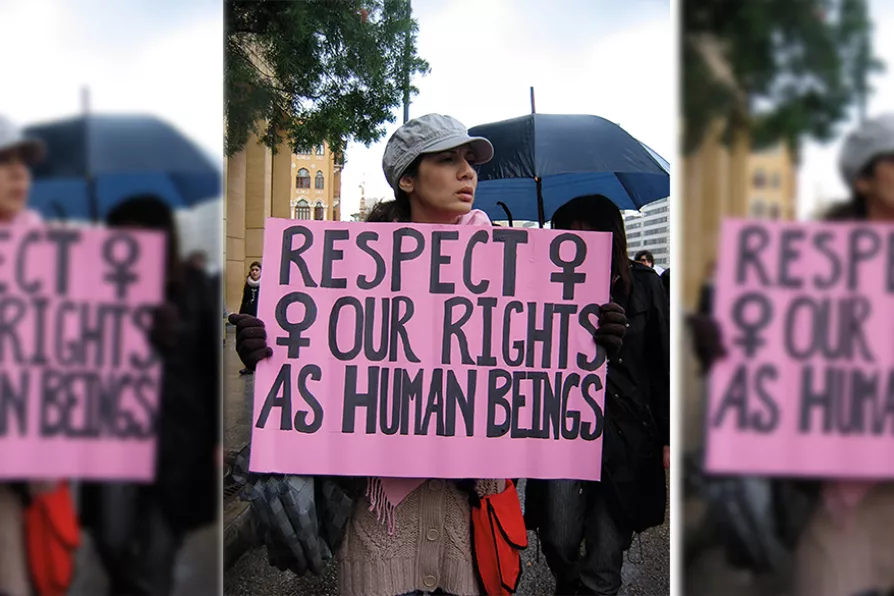RICHARD BURGON MP speaks to Ben Chacko about the Labour right’s complicity in the Mandelson scandal and the need for a total break with Starmerism if the party is to defeat Reform
How do we define consent and why does it matter?
The relevance that rape law places on ‘a rapist’s state of mind’ makes a mockery of women’s autonomy, argues legal scholar WENDY MURPHY

 [Joelle Hatem/Creative Commons]
[Joelle Hatem/Creative Commons]
PERSONAL autonomy is among the most precious of human values.
John Locke described it as a natural law that recognises the basic human right to self-determination. We shouldn’t even call it a right, because some things are so important we ought not codify them, lest they become subject to exceptions and legislative whims that can’t be reversed. Like the old camel’s nose in the tent problem — once the nose is in, the tent will surely fall.
We express our commitment to the profound nature of autonomy when we forbid things like slavery and torture, and when we say things like “my right to swing my fist ends before it hits you in the nose.”
Similar stories

The failure of international institutions, from the UN to the ICC, to hold the Taliban accountable for the brutal repression of women creates a climate of tolerance for daily crimes by the patriarchal regime, writes SHUKRIA RAHIMI

LYNNE WALSH attempts to unravel the latest advice from local authorities on tackling violence against women and girls

The Sandie Peggie v NHS Fife tribunal shows unions need to get up to speed with where the law stands on the requirement for workplaces to provide single-sex spaces, writes JANE McLENACHAN










